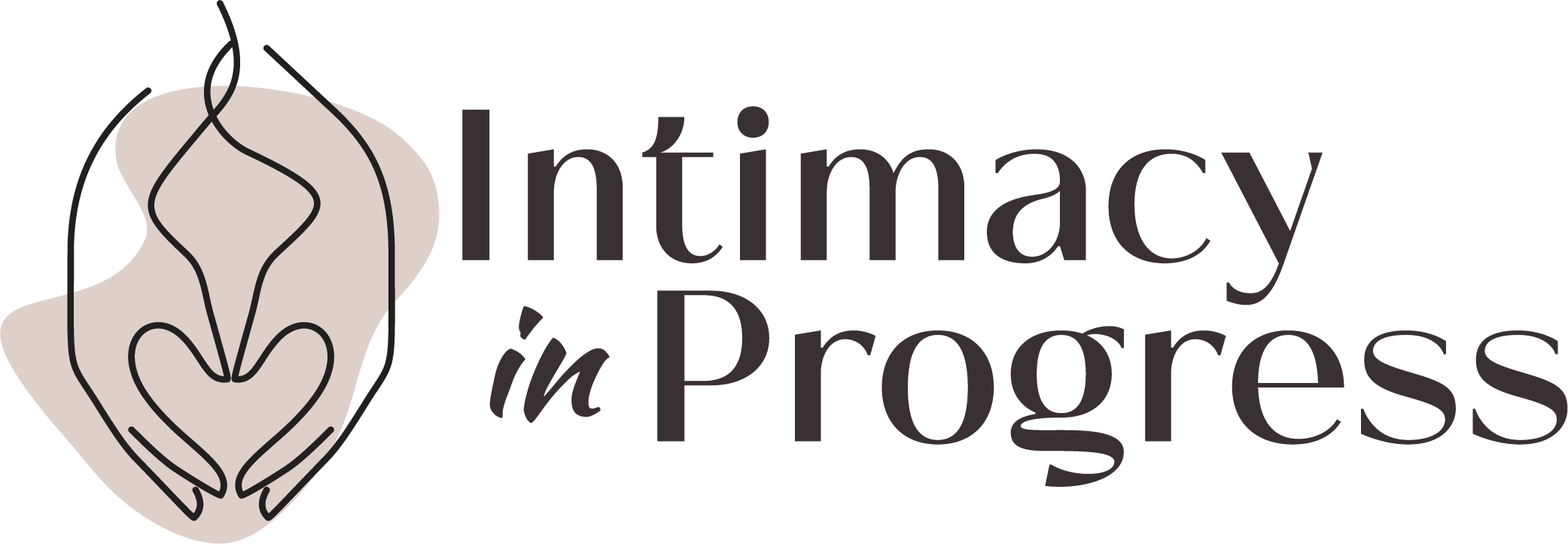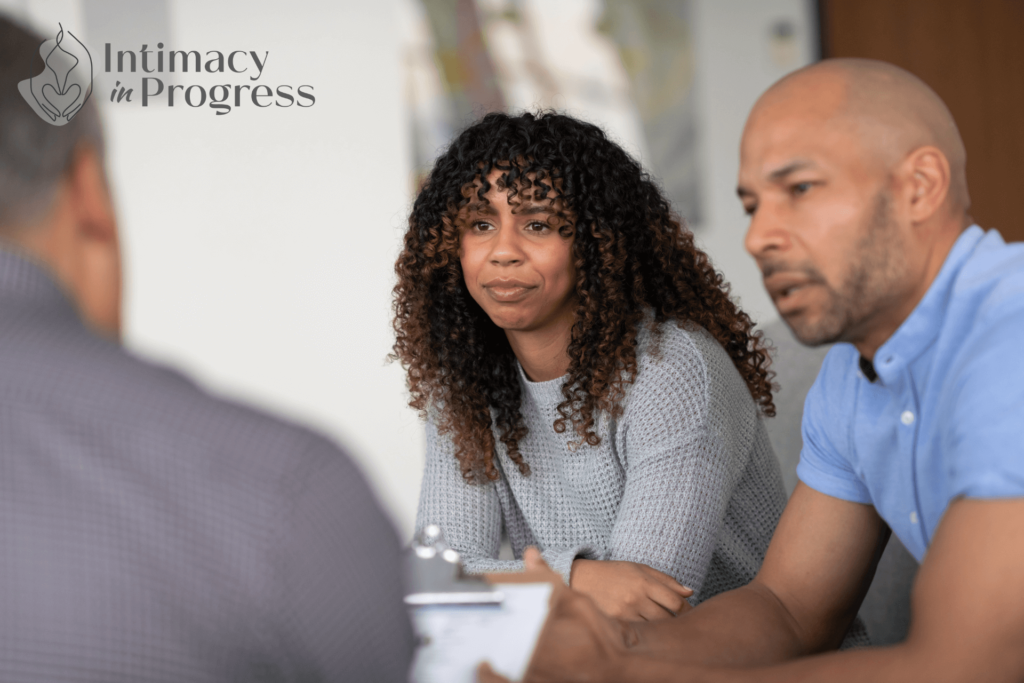Somewhere between rom-coms and late-night arguments over whose turn it is to take out the trash, couples therapy got a bad rap. It’s been cast as the relationship’s last-ditch effort—like calling a tow truck when the car is already totaled. But here’s the truth: Therapy isn’t about fixing what’s broken. It’s about fortifying what’s still standing. The strongest relationships aren’t the ones that go without therapy. They’re the ones that use it before they even think they need it.
Still, there are misconceptions that keep people from walking through that therapist’s door. Three, in particular, have embedded themselves deep in the cultural psyche. And it’s time to debunk them.
Misconception #1: “Couples Therapy Will Fix Everything
Imagine showing up to a personal trainer and saying, “I want abs by next week, but I’m not planning to change my diet or workout routine.” Sounds ridiculous, right? That’s how some people approach therapy—expecting a magic solution while doing none of the work.
Here’s the deal: Therapy doesn’t fix relationships. Couples do. A therapist isn’t there to do the heavy lifting; they’re there to help you see what’s weighing you down. Think of them as a GPS for your emotional blind spots, pointing out patterns and guiding you toward better communication. But ultimately, you’re the one driving.
If you go in expecting someone to hand you the answers, you’re missing the point. Therapy is about self-awareness, accountability, and growth—three things that don’t happen unless both partners show up ready to put in the work.
Misconception #2: “Therapy is Only for Couples in Crisis
Waiting until your relationship is in flames before seeking therapy is like waiting until your house is flooded before buying home insurance. Can therapy help couples in crisis? Absolutely. But it’s far more effective when used as a preventive tool, not a last resort.
Think of it like going to the doctor for a check-up. You don’t wait until you’re bedridden to schedule an appointment—you go for routine visits to stay healthy. Relationships deserve the same kind of care. A therapist can help you navigate minor issues before they turn into deal-breakers. They can teach you conflict resolution skills, help you understand your partner’s emotional needs, and build a foundation of trust that makes surviving the hard moments easier.
Couples therapy isn’t just about solving problems—it’s about strengthening what’s already good. And when that inevitable bump in the road comes, you won’t be scrambling for solutions; you’ll already have them.
Misconception #3: “The Therapist Will Take Sides
Let’s be real—sometimes, you want a referee. Someone to point at your partner and say, “Yeah, they’re the problem.” But that’s not how therapy works.
A good therapist isn’t interested in assigning blame; they’re interested in helping both people understand the cycle they’re stuck in. Relationships aren’t about being right—they’re about being understood. And that’s what therapy fosters.
If you’re showing up hoping for validation that you’re the hero of this love story and your partner is the villain, you’re going to be disappointed. Therapy is about untangling the mess together, not proving who made the bigger knot.
The Reality: Therapy is for Every Relationship
The best relationships don’t avoid therapy—they embrace it. The couples who last aren’t the ones who never struggle. They’re the ones who have the tools to navigate struggle without falling apart.
Therapy isn’t a sign of weakness. It’s a sign of investment. It’s a sign that you care enough about your relationship to work on it before the damage is irreversible. If you’ve been putting it off because of these misconceptions, consider this your wake-up call.
Relationships deserve the same attention and care as anything else we value in life. Therapy isn’t about failure—it’s about making sure you don’t get to that point. So, why wait?





